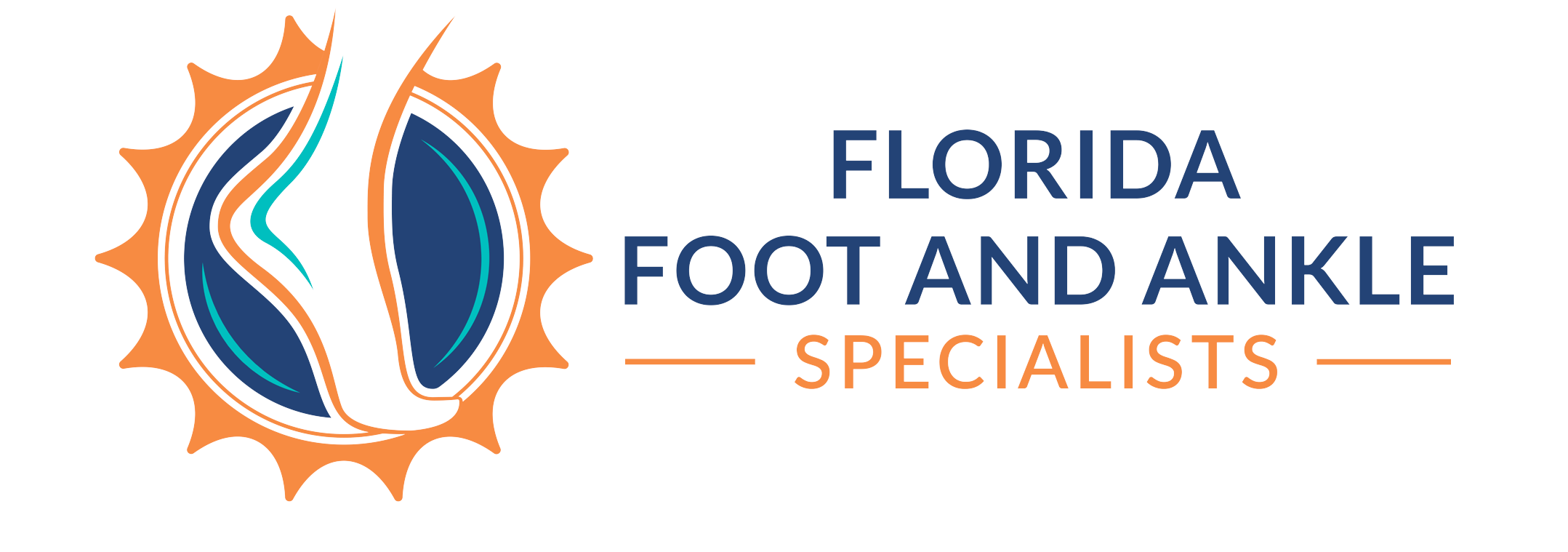
Volleyball Foot and Ankle Injuries
Benefits of Seeing a Florida Foot and Ankle Specialist for Volleyball Injuries
Volleyball is a sport that, while enjoyable, can often result in Volleyball injuries like ankle sprains. These injuries transpire when the ankle ligaments are overstretched or partially torn due to the extreme force exerted on them during a game. Symptoms typically include pain, swelling, and an unstable ankle which may lead to further injuries. The area around the injury might be discolored due to bruising, and there may be a restricted range of motion and tenderness when pressure is applied.
If you are experiencing any of these symptoms, it’s important to seek professional care from a foot and ankle specialist. At Florida Foot and Ankle Specialists, we specialize in an all-inclusive evaluation and treatment of foot and ankle injuries of all types. Our expert podiatrist, Dr. Jason Spector, has extensive training and experience in diagnosing and managing sports-induced injuries. We are dedicated to delivering the most effective care to our patients by employing a well-rounded approach to treatment.
Don’t let a foot or ankle injury keep you from enjoying your favorite sport. Contact us today to schedule an appointment and get the personalized treatment you need to recover fully and prevent future injuries. Trust the professionals at Florida Foot and Ankle Specialists to get you back in the game. Keep playing with confidence knowing that our team is here for you every step of the way.
Please reach out or call 941-241-5333
Types of Ankle and Volleyball Injuries
Chronic ankle instability is another type of foot and ankle injury associated with playing volleyball that can occur due to repeated stress on the ligaments around the joint or even one severe sprain that has not been fully rehabilitated properly afterward. It can result in constant discomfort, weakness, and persistent pain. This condition may also cause recurrent ankle sprains, eventually leading to arthritis if not treated promptly.
Injury Symptoms
To identify chronic ankle instability, you might experience feelings of the ankle “giving way” frequently, swelling and tenderness following activity. Other chronic ankle instability symptoms include pain in the affected area when bearing weight on it, recurring episodes of giving way (when one’s foot unexpectedly turns inward), increased swelling after physical activity, decreased range of motion due to scar tissue formation in the joint capsule, feelings of unsteadiness when walking, as well as difficulty balancing on uneven surfaces.
Conditions Related to Volleyball and Ankle Injuries
In addition to sprains and chronic instability, volleyball injuries can lead to various other conditions. Players may experience fractures resulting from direct trauma or overuse, as well as Osteochondritis Dissecans (OCD), a condition where weakened cartilage causes a part of the bone to become loose. Stress fractures, caused by repetitive movements, can also occur in joints near the ankles or knees. Fungal nails, known as onychomycosis, are a common problem due to the damp environment of locker rooms. Furthermore, athletes may contract tinea pedis, commonly known as athlete’s foot, from sharing sweaty shoes with teammates before competitions.
Evaluation and Treatment at Florida Foot and Ankle Specialists
At Florida Foot and Ankle Specialists, we understand the importance of getting back to your active lifestyle after a volleyball injury. That’s why our expert team is dedicated to providing comprehensive care from diagnosis to recovery. We utilize state-of-the-art equipment and treatment methods to ensure that each patient receives individualized care for their specific condition. If you have any concerns about possible foot/ankle problems related to playing volleyball, make sure you visit us at Florida Foot & Ankle Specialist as we specialize in treating athletic injuries for proper diagnosis/treatment/prevention advice!
This site does not contain or provide medical/health advice. The medical/health information is provided for general information and educational purposes only and is not a substitute for professional advice. Accordingly, before taking any actions based upon such information, we encourage you to consult with the appropriate professionals. The use or reliance of any information contained on this site is solely at your own risk.
